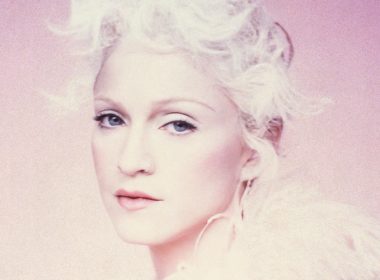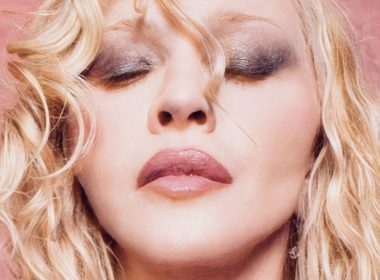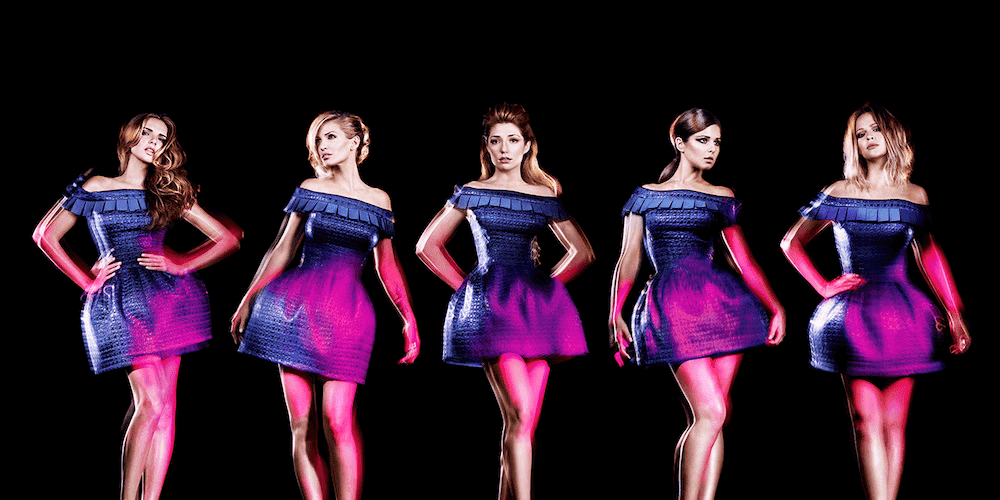When it comes to Gay Icons™, I count a fair share of the usual suspects as my own: Madonna, Britney Spears, The Sisters Minogue. Perhaps you’ve heard of a few of them.
But I also grew up hovering in the fan forums of pop stars from across the world in Japan and South Korea – something that I’ve learned that, over the years, I wasn’t the only one doing.
I already wrote about what it was like to come out with Utada Hikaru‘s Exodus by my side. To this day, people from all over still reach out to tell me that their experience was almost identical – which is wild.
But there are several more J-Queens who guided my formative years as a Baby Gay. And at the time, Ayumi Hamasaki reigned as one of my all-time favorites.
As opposed to Hikki, who snatched my whole soul with her poetic lyrics, Ayu provided the glitter, the spectacle and the drama, darling. She is the Empress of J-Pop, after all – most commonly compared to Madonna. At one point, anyway.
I think I’ve imported every physical CD that Ayu released up until about 2006 or so. I have tattoo design concepts drawn up in high school sketchpads. I even wrote a college paper about her career for my life direction-changing journalism class in 2008 at Brandeis University led by Professor Mark Feeney, a Pulitzer Prize-winning arts critic who intimidated me intensely, while helping me to believe that I could really run with this whole music journalism thing. (You can read that paper if you want – I just dug it up. It’s probably not great!)
Ayu is the epitome of a gay icon: she’s a super emotional, campy performer with a signature style that’s earned her professional drag impersonators in gay clubs, Cher style. She’s overcome career lows and personal anguish. She’s also gained notoriety for taking on a kind of diva persona two decades deep into her pop career, like a Mariah Carey, fighting against the inevitable uphill battle of relevance as she gets older. And horrifyingly, she’s also going deaf – and vows to keep going until she drops, basically.
When I saw the pictures of Ayu headlining the 2018 Tokyo Rainbow Pride Festival on May 6 at Yoyogi Park, carried in by shirtless male dancers under a giant rainbow display, I was overwhelmed with nostalgia for that time in my life when I was making homemade Ayu tees and importing $40 keychains just to have an official piece of her in my life.
https://www.youtube.com/watch?time_continue=1&v=UivXCuW4ydE
Japan isn’t exactly super progressive in terms of LGBTQ rights. Same-sex marriage isn’t legal yet, and positive representations of homosexuality just aren’t as prevalent in the media. So speaking out – or performing specifically in honor of the community – requires a certain boldness and courage that I tend to forget about after six years of living in New York City, which is literally an Isle of Gay.
But attitudes are only continuing to change, as they are in most places around the world, and the popularity of gay pride is increasing year over year: over 150,000 people attended the festival overall, resulting in a record high attendance.
スッキリの内容凄くいい😌#ayuDay#浜崎あゆみ#東京レインボープライド #TRP2018 pic.twitter.com/q0XjwvqyQE
— しょー✩⃛ (@sssvt33) May 7, 2018
Ayu’s set list was an interesting mix of eras and styles: “STEP you,” “You & Me,” “Sparkle,” (this original review from 2009!) “Curtain Call,” “how beautiful you are” with an encore of “BLUE BIRD” and, of course, the iconic “Boys & Girls.” I would have hoped for some Rainbow (literally, “Rainbow” – one of her best songs of all time) or I Am… (“evolution” – her best song) – but hey, she’s got a pretty prolific discography. What, no “Bold & Delicious”? “my name’s WOMEN”? “Startin'”? “Ladies Night”? “UNITE”? It’s fine – there’s way too much to choose from.
From what I’ve gathered from friends, Google Translate and various English articles and fan forums, Ayu broke into tears around “how beautiful you are” and made an earnest speech, acknowledging the conservative culture of Japan, saying that the majority isn’t always correct, and encouraging everyone to keep going forward – and that no one is a “mistake.” (I’m getting verklempt.)
She also opened up about struggling during her low point – right before signing with her record label Avex, back when she tried to debut as a hop-hop star and failed in 1995. She explained that she visited Ni-chome, Tokyo’s gay district, and immediately felt at home. Ever since then, she regularly returns to Ni-chome to feel accepted once again.
Twenty years after her feeling lost right before her major label debut, she’s come full circle with this performance among the community that’s championed her through. And it looked like such a fun, warm, joyous gig full of gratitude – and she certainly seemed to be in her element.
I mean, just look at this Queen:

Watch fan footage of her performance below, as well as the music video for “Rainbow,” just because I cried to it earlier.
No rain, can’t get the rainbow…
https://www.youtube.com/watch?v=MP3_TJA6P0U
https://www.youtube.com/watch?v=WUWigKgHb0k
https://www.youtube.com/watch?v=Z5Oz8k6Wjq4
https://www.youtube.com/watch?v=uw_FEdv0wAE
Photo credit: Ayumi Hamasaki / Ryan Chan




